Artificial intelligence (AI) is undoubtedly one of the most transformative technologies of our time. Over the past few decades, AI has evolved from a futuristic concept into a driving force behind various industries. In many ways, AI is reshaping the way we live, work, and interact with the world around us. From enhancing business operations to revolutionizing healthcare and education, AI presents incredible opportunities. However, with these opportunities come significant risks and uncertainties about how the future of AI will unfold. This blog will explore the potential benefits AI offers, the challenges it poses, and the unknowns that remain as we venture into the future of AI.
The Opportunities: Transforming Industries and Lives
To begin with, AI offers remarkable opportunities to transform nearly every aspect of our lives. First and foremost, AI can dramatically improve efficiency in various industries. For instance, in healthcare, AI-powered systems can analyze vast amounts of patient data, leading to faster diagnoses, personalized treatment plans, and early disease detection. Moreover, AI is revolutionizing medical research by helping scientists identify patterns in data, making drug discovery and vaccine development faster and more effective.
In addition to healthcare, AI has been a game-changer in education. AI-powered personalized learning platforms allow students to learn at their own pace, offering customized content based on individual needs and progress. Furthermore, AI enables real-time feedback, helping educators adjust their teaching strategies to improve student outcomes. As a result, AI is democratizing education, making quality learning accessible to students around the globe.
AI use :
Another key area where AI is creating significant opportunities is business. In fact, AI is streamlining operations, optimizing supply chains, and enhancing customer service through chatbots and automation. Companies are now using AI to predict consumer behavior, personalize marketing strategies, and improve decision-making processes. For example, AI-powered recommendation systems used by platforms like Amazon and Netflix drive sales and engagement by predicting what users are most likely to purchase or watch next.
Moreover, AI is shaping industries such as transportation, finance, and agriculture. Self-driving cars, for instance, promise to reduce traffic accidents and make transportation more efficient, while AI-powered financial algorithms are helping businesses detect fraud and make smarter investment decisions. In agriculture, AI-driven solutions are optimizing crop yields, reducing waste, and promoting sustainable farming practices. Overall, the opportunities presented by AI are boundless, as it holds the potential to revolutionize every sector and improve quality of life.
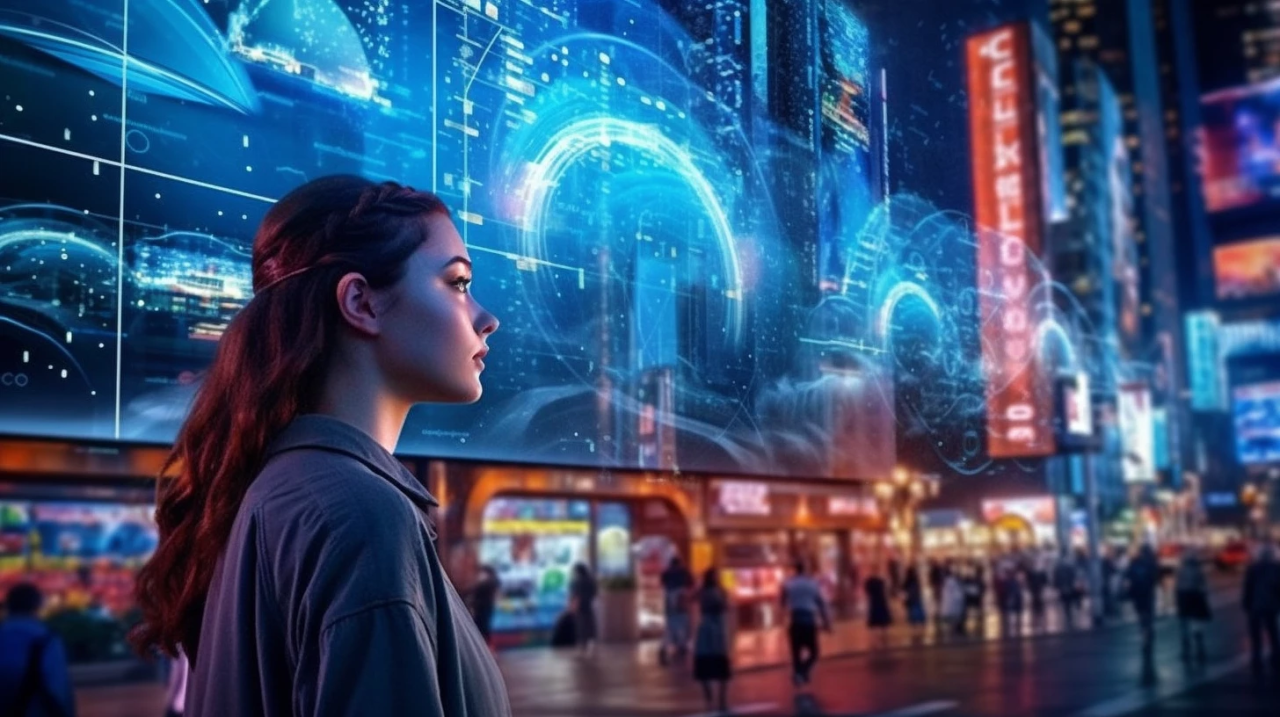
The Risks: Ethical, Social, and Economic Concerns
Despite the immense opportunities, AI also introduces a range of risks that must be carefully managed. Perhaps the most pressing concern is the ethical implications of AI decision-making. As AI becomes increasingly integrated into systems that impact people’s lives, questions arise about how decisions are made and who is accountable for those decisions. For example, when AI is used in healthcare to diagnose patients or in the legal system to determine sentences, transparency and fairness are crucial. Yet, AI algorithms are often seen as “black boxes,” making it difficult to understand how they reach conclusions.
Another significant ethical challenge revolves around bias in AI systems. Since AI is trained on data, it is only as unbiased as the data it receives. Unfortunately, many datasets contain historical biases, which can lead to discriminatory outcomes in AI applications. For instance, facial recognition systems have been found to be less accurate for people with darker skin tones, leading to concerns about racial bias. Therefore, ensuring that AI is trained on diverse and representative datasets is critical to avoiding unfair outcomes.
Furthermore, the social implications of AI are profound. One major risk is the potential for job displacement. As AI continues to advance, automation threatens to replace jobs in various industries, from manufacturing to customer service. While AI has the potential to create new jobs, many fear that the transition will be difficult for workers whose skills become obsolete. For instance, truck drivers, retail workers, and factory employees may be at high risk of losing their jobs to automation.
Economic Concerns
In addition to job displacement, AI can exacerbate inequality. As AI systems become more integrated into high-paying industries, there is a risk that the benefits of AI will only be accessible to those who can afford it, widening the wealth gap. This is especially concerning in areas like healthcare and education, where unequal access to AI-powered tools could deepen societal divides.
Moreover, AI presents serious security risks. As AI systems become more sophisticated, they could be used maliciously for cyberattacks, identity theft, or the spread of disinformation. In the wrong hands, AI-driven technologies like deepfakes—realistic-looking videos or audio generated by AI—can be used to deceive the public, spread fake news, or harm individuals’ reputations. Therefore, ensuring the ethical use and regulation of AI is of utmost importance.
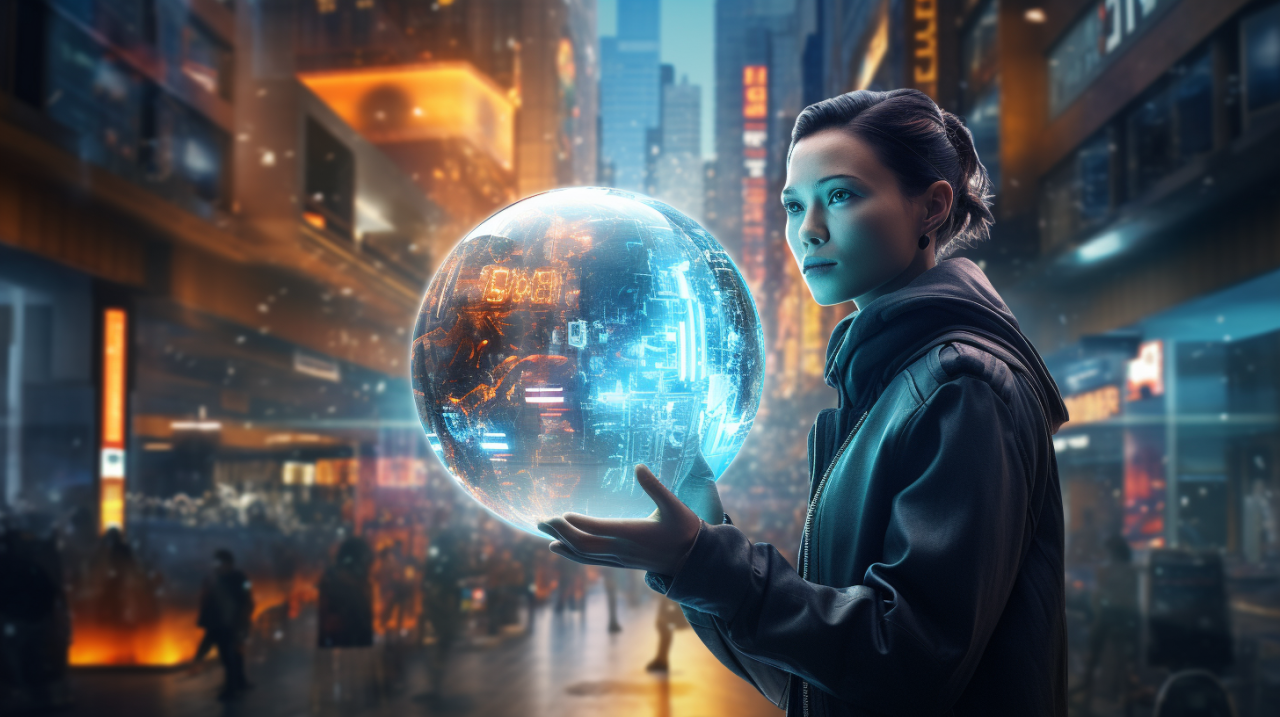
The Unknown: What Lies Ahead for AI?
While the opportunities and risks are becoming clearer, much about the future of AI remains unknown. One of the biggest questions is the extent to which AI will evolve in terms of general intelligence. Currently, AI is highly specialized, excelling in specific tasks like image recognition or language translation. However, the idea of artificial general intelligence (AGI)—an AI system that can perform any intellectual task that a human can—remains speculative. If AGI becomes a reality, it could fundamentally alter society, presenting both enormous opportunities and potential dangers.
Another unknown is how AI will impact human creativity. For example, AI is already being used to compose music, write articles, and create visual art. While AI can assist humans in the creative process, there is debate about whether AI can ever truly be “creative” in the way humans are. Some believe that AI will always require human input to generate creative work, while others argue that AI could one day surpass human creativity, challenging our very notions of art and originality.
The advanced technology :
Furthermore, the future of AI regulation is uncertain. As AI continues to develop, governments around the world are grappling with how to regulate its use. On one hand, regulation is necessary to ensure that AI is used ethically and safely. On the other hand, too much regulation could stifle innovation and slow down progress. Striking the right balance between promoting AI development and protecting society from its risks will be a major challenge for policymakers in the years to come.
Moreover, AI’s impact on global geopolitics is an evolving question. As AI technology becomes more advanced, countries are racing to develop superior AI systems for both economic and military purposes. This has the potential to shift the balance of power on a global scale, creating tensions between AI superpowers. How nations collaborate or compete in the AI space will shape the future of international relations.
In addition, there are still unknowns regarding AI’s long-term effects on the environment. While AI can help combat climate change by optimizing energy use and promoting sustainable practices, the energy consumption required to train large AI models is a growing concern. For example, training a single AI model can generate as much carbon dioxide as five cars over their lifetime. As AI becomes more widespread, ensuring its environmental sustainability will be critical.
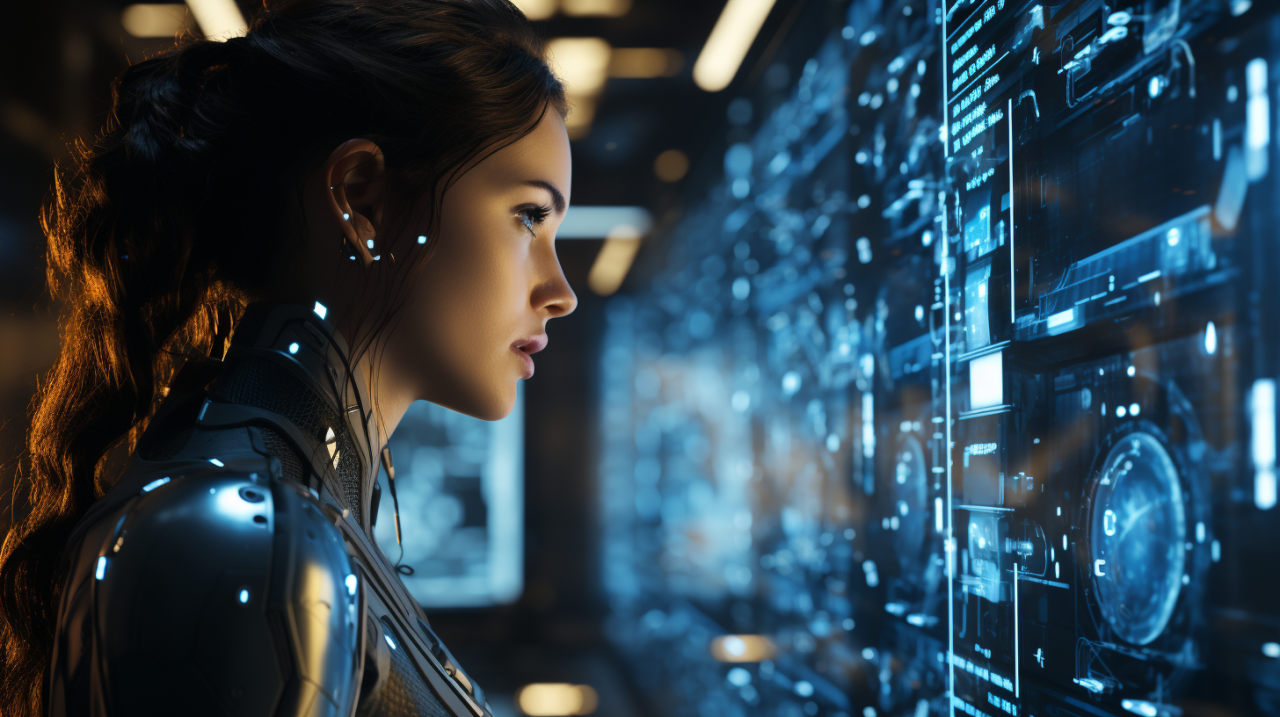
Mitigating Risks and Preparing for the Future
In light of the risks and unknowns, it is essential to take proactive steps to mitigate the potential negative impacts of AI. First and foremost, ethical guidelines must be established to ensure that AI is used responsibly. Organizations and governments should work together to develop transparent AI systems that promote fairness, accountability, and inclusivity. In addition, fostering a diverse workforce in AI development is key to reducing bias and creating more equitable outcomes.
Furthermore, education and reskilling programs are critical to addressing the potential job displacement caused by AI. By investing in workforce development, companies and governments can help workers adapt to the changing job landscape and equip them with the skills needed for AI-driven industries. Moreover, creating social safety nets for workers impacted by automation will be crucial to minimizing inequality.
At the same time, governments must prioritize AI regulation that balances innovation with safety. This includes implementing frameworks for data privacy, cybersecurity, and the ethical use of AI in sensitive areas like healthcare and law enforcement. Collaborating on international AI standards will also be key to ensuring that AI is developed and deployed in a way that benefits humanity as a whole.
Finally, addressing the environmental impact of AI is crucial for a sustainable future. Companies must work towards creating more energy-efficient AI models and exploring alternative methods to reduce the carbon footprint associated with AI development. By doing so, we can harness the power of AI without compromising the health of our planet.
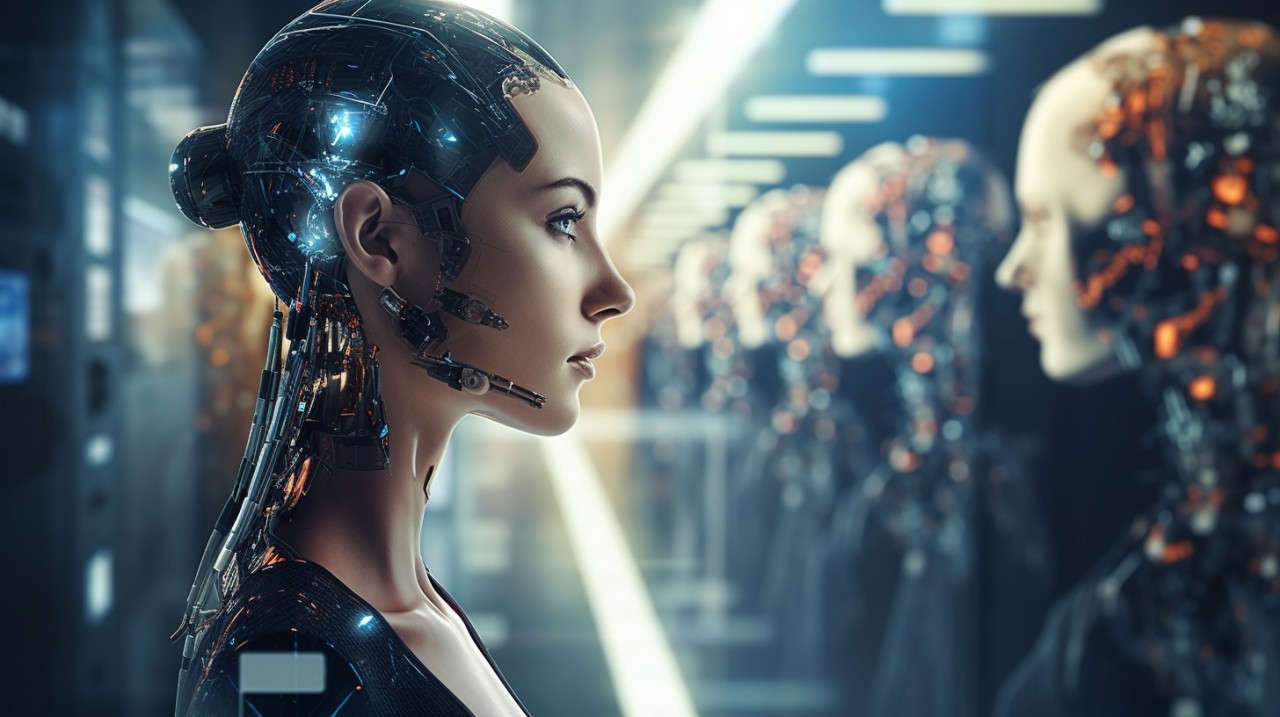
Conclusion: Embracing the Future of AI
In conclusion, AI holds tremendous potential to transform the world in ways we have yet to fully comprehend. From improving industries like healthcare, education, and business to revolutionizing creativity and global geopolitics, AI offers opportunities that could greatly enhance our quality of life. However, the risks associated with AI—such as job displacement, ethical concerns, and security threats—must be addressed thoughtfully and proactively. By embracing a responsible and inclusive approach to AI development, we can harness its power for the betterment of society. As we look to the future, one thing is certain: the journey of AI has only just begun, and its ultimate impact on humanity remains an exciting and evolving narrative.
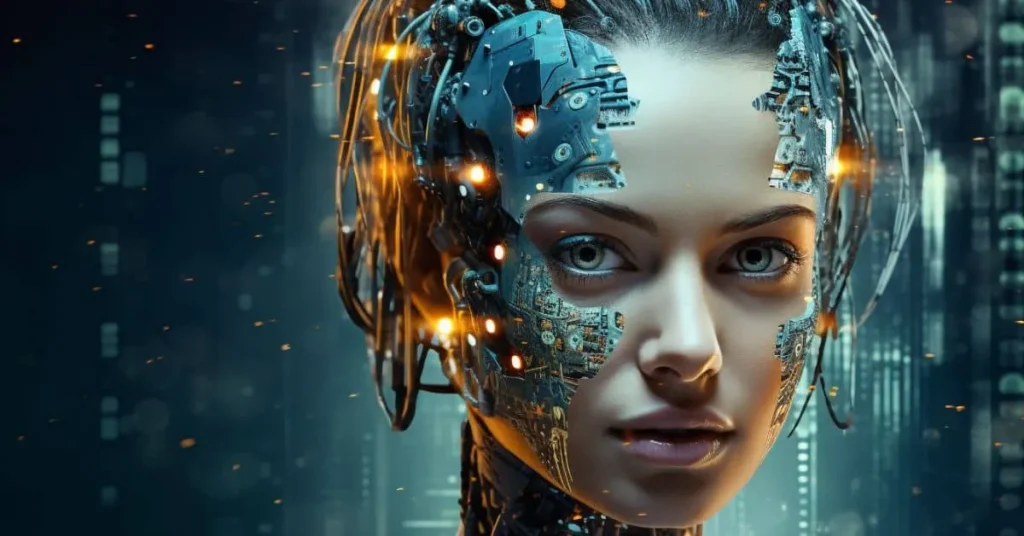

Pingback: AI and Football: the best Revolution in the Game -